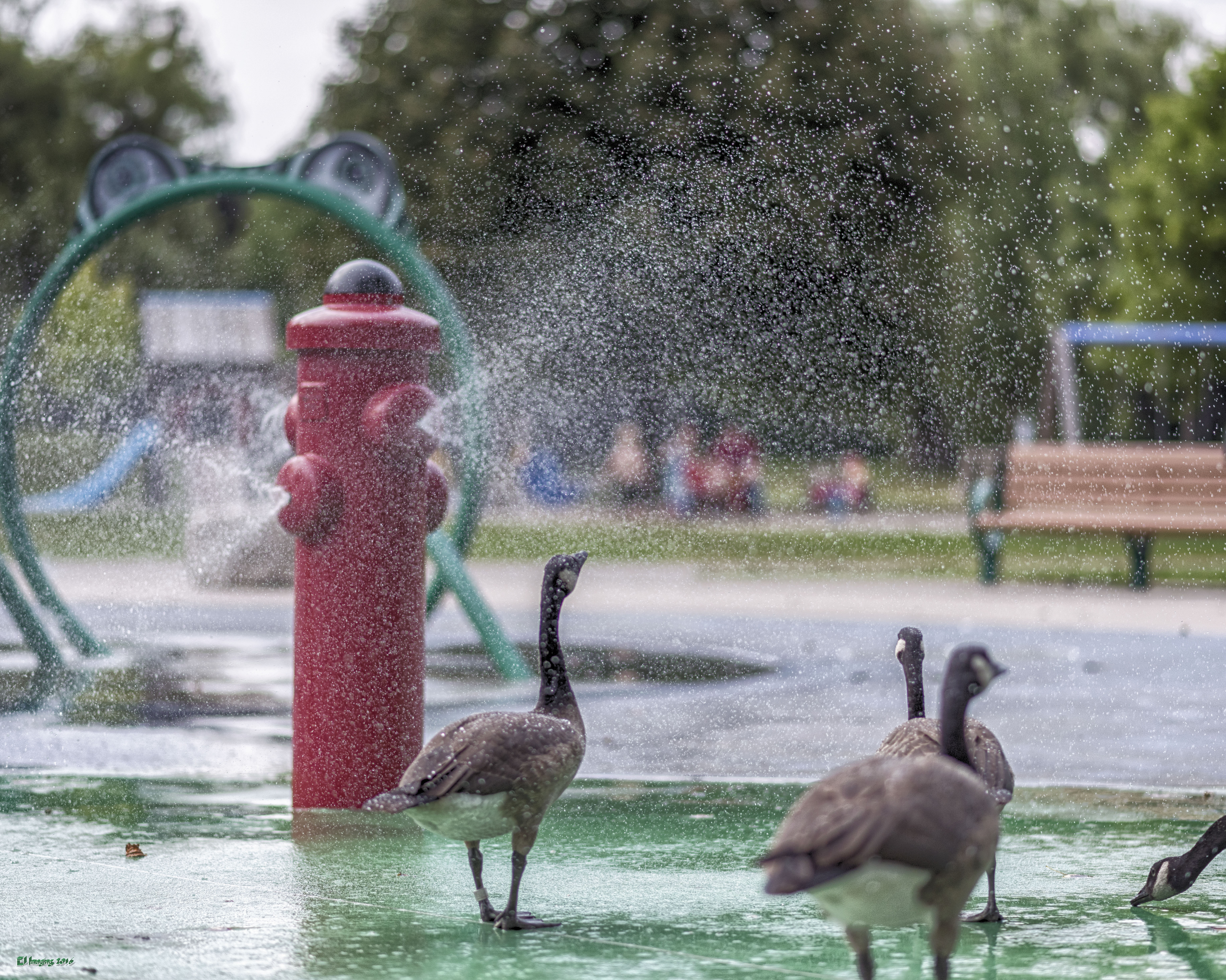National Loneliness: Conflating Independence with Autonomy
Loneliness is a complex experience spurred by a complex of factors.
There are few among us who haven’t felt its ache.
In Canada today, we’re able to connect virtually as never before, yet isolation and loneliness are at record highs. Human contact and connection – especially given the Covid-19 pandemic – are lower than at any time in modern history. In fact, the phenomenon of people living alone has doubled in the last 50 years and really began only with the industrial age just after the turn of the 20th century.1)Snell, K. D. M. (2017). The rise of living alone and loneliness in history. Social History, 42(1), 2-28. Online here.
Digging through the reasons for increasing isolation and loneliness is muddy work, but one critical factor that seems important is rooted in a semantic error that has snowballed in Western culture and possibly elsewhere. In our quest for autonomy – an important right of people – we seem to have conflated autonomy with independence. We encourage young adults to become independent and by that we mean to go out on their own and get away from their parents’ financial and even, to a degree, emotional support. Ask how that’s going for the 1 in 3 Canadian 20-29-year-olds who live with their parents in non-pandemic times!2)During Covid-19, the percentage of young adults living with parents rose to almost 50%, but pre-pandemic gives a more realistic picture of the true situation, although we can certainly expect more multi-generational homes as people try to recover economically over the next several years. See Census Canada for 2016: Percent of Young Adults Living with Parents 2016 We also hear a lot of buzz about “successful independent living” into old age. Retirement communities will often advertise their wares using just that phrase, propagating the view that old age can be successful or unsuccessful and that independence is the mark of success even as one’s physical and mental health are in natural decline.
Autonomy is critical to flourishing but can’t be achieved without connection, not only at the start of life when we’re helpless, but also throughout our lives on an ongoing basis. To be a community of flourishing, autonomous people, we have to stop glorifying independence as the goal of adulthood, including (most especially) old age. To demand independence of young and old adults is to impose a cruel, unnatural, and daunting obligation that subverts authentic autonomy by creating unprecedented mental health challenges. Scores of lonely people are expected to be self-sustaining without having the skills and connection required to be self-determining.
Think about what it really means to hold a right to autonomy.
Perfectly autonomous people would have a degree of choice about living a more or less independent life. So it makes sense that those whose health or natural disposition requires it for flourishing must have the right to live a more dependent life. Greater connectedness and interdependence affords greater autonomy for most people.
Understanding the difference between independence and autonomy is critical to creating social and economic policy that supports choice with respect to the balance of interdependence in one’s life. Conflating the two has confused us, leaving us lonely and abandoned in old age, in young adulthood, and at various points in between.3)A number of thinkers address this reality. Examples include: 1. Amy Smith, “What’s Wrong With Being Independent?” in Psychology Today: September 28, 2014. Smith refers to the western narrative of the self-made person to show that such narratives can lead us to “idealize autonomy, instilling unrealistic expectations of attaining our goals solo—and these narratives also overlook the fact that we benefit enormously from the help of others.” We would note that she also conflates autonomy with independence, where autonomy is a term that does not presuppose isolation in the way “independence” does. Accessed January 20, 2022. 2. Shoba Sreenivasan and Linda E. Weinberger, “Some Thoughts on Independence” in Psychology Today: June 30, 2017. The authors refer to the 1988 work of John Bowlby – A Secure Base. New York: Basic Books. – to remind us that while “healthy independence” (autonomy) is necessary for flourishing, sometimes “offspring may become so achievement orientated that they have to “stand out” from others and consequently fail to develop close relationships and intimacy with people.” There is little doubt that parenting in a tournament culture carries this over-independence into adulthood, where it is required for winning. Accessed January 20, 2022. And this is not to say that for many – perhaps most – a large degree of independence wouldn’t be an important part of flourishing. But we are all dependent on one another in countless ways and should be encouraged to recognize that and to accept it as part of our inherent nature. Doing so will allow us finally to tease apart the concepts of independence and autonomy and to reclaim the connectedness that our conflation of the two concepts has denied us. A (greater or lesser) degree of independence is among the choices we have when we act autonomously. Rediscovering this inherent connectedness can give us the ‘net beneath’ that encourages autonomy and, thus, flourishing.
For an example of the false narrative of independence as being at the core of autonomy, we can look to a platitude from popular culture: you have to love yourself first before you can love another. This relational platitude exemplifies the culture of independence that has grown out of not comprehending autonomy. It reflects an important error in our understanding of the experiences that formulate our self-worth. In fact, the very opposite of this platitude is true: we cannot love ourselves if others do not first love us. It’s pretty commonly known that we come to love ourselves or not based on early childhood experiences of feeling loved, or not. To have to scrounge for value in yourself before you can value another is to be in a remediation program – we should all come out of childhood valuing ourselves not as formidable competitors (the kind of people who have trouble in love) but as morally worthy beings – as possessors of human dignity. And we need to recognize that such experiences of being valued are critical throughout our lives. We need to foster a society in which early and continued contexts confirm to people that they are valuable, contexts of interdependence rather than unnatural independence.
Let’s stop abstracting away from something we are (inherently autonomous) to define ourselves as something we are not (inherently independent). Let’s acknowledge our interdependence and get better connected so that we can be truly autonomous.
Photo: Elizabeth Neill
Footnotes
| 1. | ↑ | Snell, K. D. M. (2017). The rise of living alone and loneliness in history. Social History, 42(1), 2-28. Online here. |
| 2. | ↑ | During Covid-19, the percentage of young adults living with parents rose to almost 50%, but pre-pandemic gives a more realistic picture of the true situation, although we can certainly expect more multi-generational homes as people try to recover economically over the next several years. See Census Canada for 2016: Percent of Young Adults Living with Parents 2016 |
| 3. | ↑ | A number of thinkers address this reality. Examples include: 1. Amy Smith, “What’s Wrong With Being Independent?” in Psychology Today: September 28, 2014. Smith refers to the western narrative of the self-made person to show that such narratives can lead us to “idealize autonomy, instilling unrealistic expectations of attaining our goals solo—and these narratives also overlook the fact that we benefit enormously from the help of others.” We would note that she also conflates autonomy with independence, where autonomy is a term that does not presuppose isolation in the way “independence” does. Accessed January 20, 2022. 2. Shoba Sreenivasan and Linda E. Weinberger, “Some Thoughts on Independence” in Psychology Today: June 30, 2017. The authors refer to the 1988 work of John Bowlby – A Secure Base. New York: Basic Books. – to remind us that while “healthy independence” (autonomy) is necessary for flourishing, sometimes “offspring may become so achievement orientated that they have to “stand out” from others and consequently fail to develop close relationships and intimacy with people.” There is little doubt that parenting in a tournament culture carries this over-independence into adulthood, where it is required for winning. Accessed January 20, 2022. |




 Beyond GDP: Lessons for Redefining Progress in Canadian Food System Policy
Beyond GDP: Lessons for Redefining Progress in Canadian Food System Policy The Toxicity of a Hyper-Competitive Work Environment
The Toxicity of a Hyper-Competitive Work Environment Universal basic income can be the worst of all worlds - but ‘free money’ schemes do work
Universal basic income can be the worst of all worlds - but ‘free money’ schemes do work Correcting Capitalism: Changing Metrics and Meanings of Work among Japanese Employees
Correcting Capitalism: Changing Metrics and Meanings of Work among Japanese Employees Loneliness During the Covid-19 Pandemic
Loneliness During the Covid-19 Pandemic